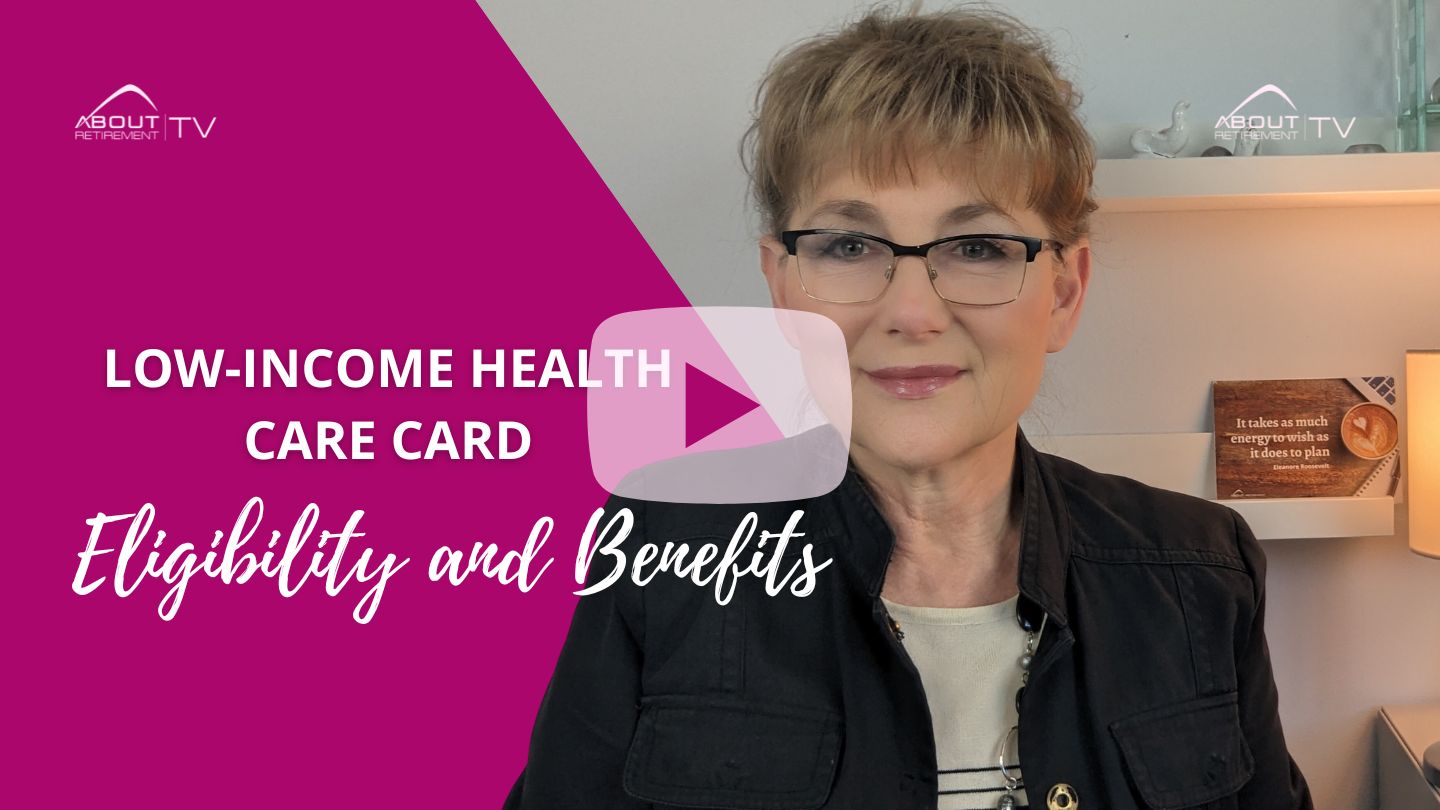
Low-income Health Care Card
Today we have one of the most requested topics – Low-income Health Care Card.
And please don’t be fooled by the name of “Low Income” it is not that low after all, so it is worth reading, understanding, and then planning correctly, to see if there is any way you can be eligible, especially if you or your partner have any health problems.
I will explain the following:
- Who is eligible for the Low-Income HealthCare Card,
- What type of test and rules you have to meet and comply with to be eligible
- What are the benefits of this card
1. Who is eligible for the Low Income HealthCare Card
To be eligible for the Low-Income HealthCare Card you have to:
- Pass the Income Test
- Comply with the residency rules
2. What are those rules and test requirements?
Let’s start with Income Test
As per table showing:
- A single person can earn up to $702.00 per week to be eligible for the card
- A couple’s combined income can be up to $1,204 per week
And then you have an additional income allowance for children
Please be aware that Centrelink views your income in 8-week period increments, and your income for that period cannot exceed the listed maximum income earned, which is your cut off point for the card eligibility.

When you provide your application to Centrelink, they will assess your income based on the last 8 weeks. If your income is below the maximum listed in the table, you are eligible for the card.
What is taken into account within the Income Test:
- Employment income such as your wages or self-employed income
- Any employer provided fringe benefits.
- All super contributions inclusive of your salary sacrifice – so paying more to your super will not reduce your assessable income for the Low Income HealthCard.
- Any government pension, including pension paid by Centrelink .
- Payments from Department of Veterans Affairs
- Paid parental leave.
- All deemed income from your financial assets such as cash in bank accounts, shares, managed funds, accounts-based pensions if they are subject to deeming rules, therefore there is some scope for planning here.
- Income received from other forms of income stream such as superannuation pensions, define benefit pensions, lifetime pensions, annuities – those types of incomes are very difficult for your personal assessment, as each can be treated differently, so financial advice is essential here.
- Income from private trust or company, this type of income can also be planned and restructured.
- Any foreign income.
- Compensation payments.
- Redundancy, leave or termination payments.
This is a very long list, but still not an exhaustive one, and as I’ve already mentioned, difficult to assess, as different sources of income could be under different Income Test rules, so it is worth getting proper advice on how to organise your assets to reduce that income level, so you could be eligible for the HealthCare Card.
The second requirement is meeting the Residency rules:
You must be an Australian resident if you live in Australia and you either:
- Are an Australian Citizen or
- You hold a permanent residence visa or
- You have a protected Special Category visa from New Zealand.
3. Benefits of the Low-Income HealthCare Card
The main benefits are:
- cheaper medicine under the Pharmaceutical Benefits Scheme
- bulk billed doctor visits – this is up to your doctor.
- a bigger refund for medical costs when you reach the Medicare Safety Net.
I explained those benefits when discussing the Pensioner Concession Card, so please read that article for more information: Pensioner Concession card
Then also you could be receiving extra benefits such as reduction of:
- electricity and gas bills
- your council and water rates
- cost of public transport
- registration of your motor vehicle
If you found this article helpful, I would recommend reading my other articles mentioned above, Pensioner Concession card and Concession cards benefits per state. These articles will teach you about the extra benefits the Concession card provides as well as the benefits specific to each state.
Retirement is a Journey not a Destination, so be well prepared for the Ride
By: Katherine Isbrandt CFP®
Money Strategist & Retirement Planner
Principal of About Retirement






